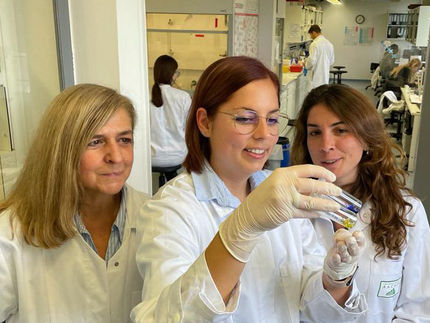Higher mercury levels in humans associated with increased risk for diabetes
Advertisement
A new study found that higher levels of mercury exposure in young adults increased their risks for type 2 diabetes later in life by 65 percent. The study, led by Indiana University School of Public Health-Bloomington epidemiologist Ka He, is the first to establish the link between mercury and diabetes in humans.
The study paints a complicated nutritional picture because the main source of mercury in humans comes from the consumption of fish and shellfish, nearly all of which contain traces of mercury. Fish and shellfish also contain lean protein and other nutrients, such as magnesium and omega-3 polyunsaturated fatty acids, that make them important to a healthy diet.
In the study, published online in the journal Diabetes Care, the people with the highest levels of mercury also appeared to have healthier lifestyles -- lower body mass indexes and smaller waist circumferences, more exercise -- than other study participants. They also ate more fish, which is a possible marker of healthy diet or higher social economic status. Risk factors for type 2 diabetes include being overweight.
The study, which involved 3,875 men and women, established the link between mercury levels and type 2 diabetes risk after controlling for lifestyle and other dietary factors such as magnesium and omega-3 polyunsaturated fatty acids, which could counter the effects of the mercury.
These findings, said He, point to the importance of selecting fish known to have low levels of mercury, such as shrimp, salmon and catfish, and avoiding fish with higher levels, such as swordfish and shark. FDA and EPA guidelines for fish consumption highlight this, particularly for women who are pregnant or of childbearing age and for young children.
"It is likely that the overall health impact of fish consumption may reflect the interactions of nutrients and contaminants in fish. Thus, studying any of these nutrients and contaminants such as mercury should consider confounding from other components in fish," He and the authors wrote in the study. "In the current study, the association between mercury exposure and diabetes incidence was substantially strengthened after controlling for intake of LCn-3PUFAs (omega-3) and magnesium."



























































